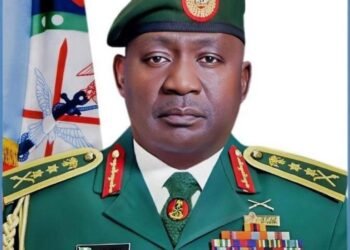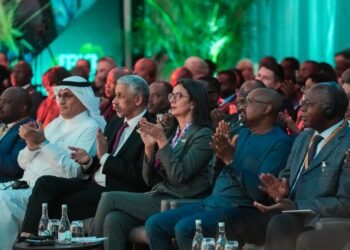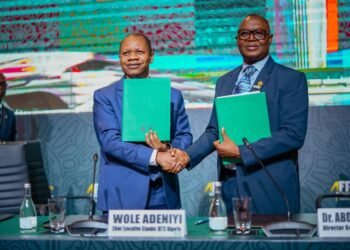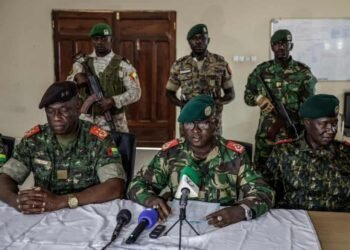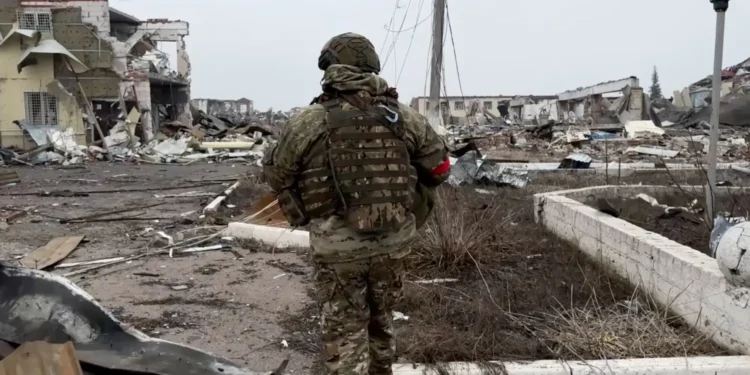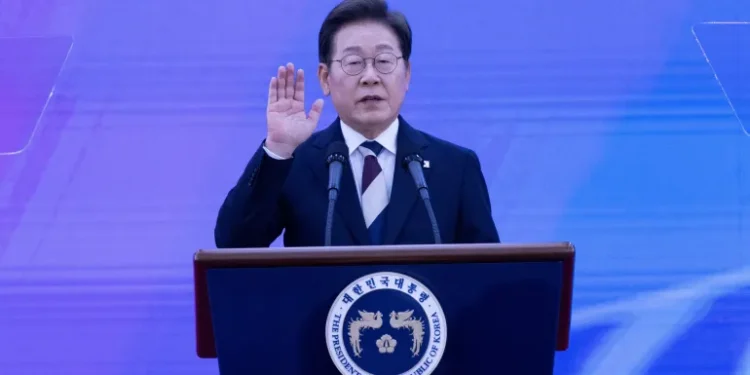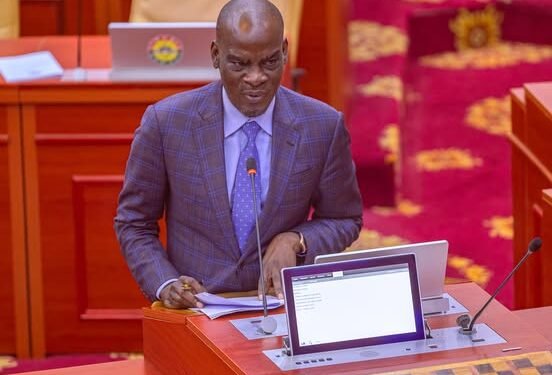A prominent opposition figure in Uganda, Kizza Besigye, will be transferred from a military tribunal to a civilian court, a government official confirmed on Monday, February 17.
The decision comes as authorities face increasing domestic and international pressure to release Besigye, who has been detained on charges that critics argue are politically motivated.
Besigye, a four-time presidential candidate, was reported missing in November 2024 while in Kenya’s capital, Nairobi. Days later, he reappeared in Uganda’s capital, Kampala, standing inside a caged dock before a military tribunal.
His arrest and subsequent trial have drawn widespread condemnation, with rights groups arguing that his prosecution is part of a broader crackdown on political dissent. His close allies insist that the charges against him, including treachery — an offense that carries the death penalty — are meant to silence him ahead of the country’s upcoming elections.
Uganda’s Supreme Court recently ruled that civilians cannot be court-martialed, citing concerns over the competence of military officers to administer justice in non-military matters.
Following this landmark decision, judicial spokesperson James Ereemye Mawanda confirmed that Besigye would be charged under civilian law, though the exact charges remain unclear. While treachery is not explicitly covered under Uganda’s penal code, the comparable offense of treason is being considered. Justice officials are currently reviewing evidence before determining how to proceed.
The opposition leader’s health has deteriorated in recent days. According to his family, Besigye has been on a hunger strike to protest his detention, and he appeared frail during his most recent court appearance. On Sunday, he was taken by ambulance to a medical facility outside the maximum-security prison where he is being held.
Museveni’s Grip On Uganda
Ugandan President Yoweri Museveni and his son, Muhoozi Kainerugaba, the country’s top military commander, have both criticized the Supreme Court’s ruling. However, the decision remains a significant legal victory for opposition activists who argue that the military justice system is being weaponized against political opponents.
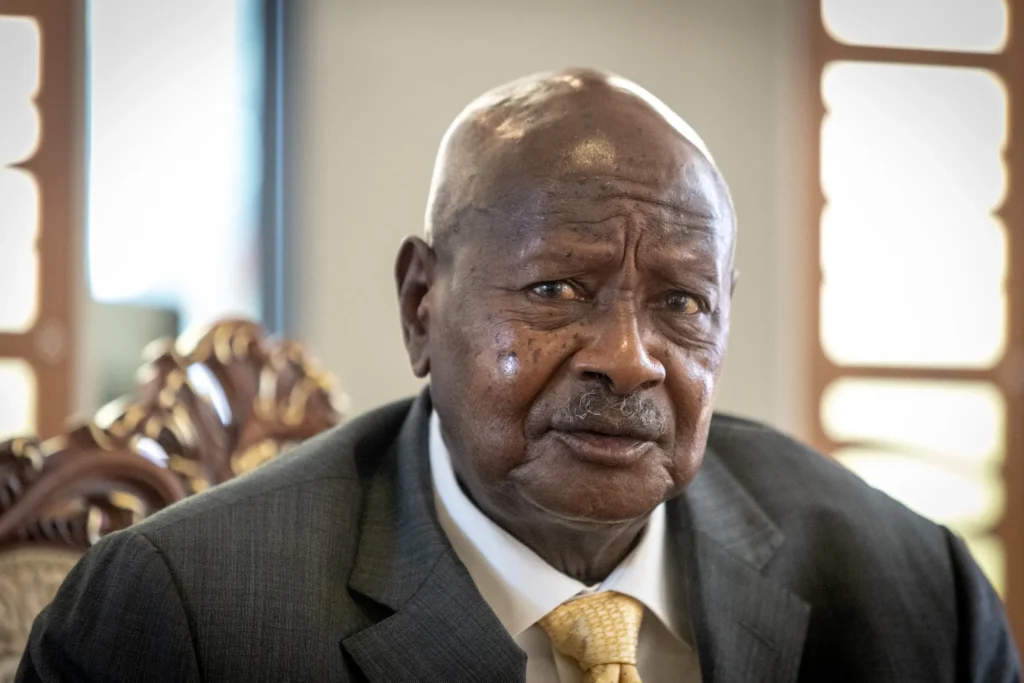
Besigye, 68, has long been a thorn in the side of Museveni’s government. A former physician and retired military colonel, he once served as Museveni’s personal doctor before the two parted ways in the 1990s. Besigye has been arrested multiple times throughout his political career but has never been convicted of a crime.
Amnesty International has called for his immediate release, stating that his “abduction clearly violated international human rights law and the process of extradition with its requisite fair trial protections.”
The political climate remains tense, with many citizens questioning Museveni’s long-term plans. Having ruled Uganda since 1986, Museveni has increasingly been accused of consolidating power through authoritarian means, cracking down on free speech, and using state security forces to suppress opposition figures.
Some political observers speculate that he may step aside, though there is no clear successor within the ruling National Resistance Movement (NRM). Kainerugaba, who has openly expressed his desire to succeed his father, remains a controversial figure.
Uganda’s opposition has faced continued persecution in recent years. Pop star-turned-politician Robert Kyagulanyi, popularly known as Bobi Wine, has been one of the most vocal critics of Museveni’s administration. Following the disputed 2021 elections, Kyagulanyi alleged that he was placed under house arrest, while security forces raided his party offices and detained more than 220 of his supporters.
In addition to political repression, Uganda has witnessed increasing restrictions on freedom of speech. In 2022, Museveni’s government passed the Computer Misuse (Amendment) Act, which introduced harsh penalties for what authorities deem as hate speech. The law has been widely criticized for being a tool to silence government critics and restrict online activism.
Corruption remains another significant challenge under Museveni’s rule, undermining public trust and economic stability. Despite early promises of democratic governance and reform, power has largely been concentrated within a small elite that prioritizes personal enrichment over public welfare.
Essential services such as healthcare and education have suffered due to mismanagement and financial misallocation, leaving many Ugandans frustrated with the government’s priorities.
As Besigye’s case moves to a civilian court, it will serve as a critical test of Uganda’s legal system and the government’s commitment to upholding judicial independence.
READ ALSO: Nana Aba Anamoah Attacks Okraku-Mantey




